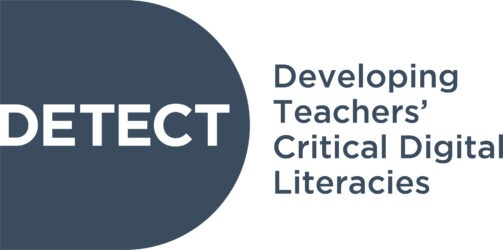The material package includes example materials (teaching material in the form of slide shows, assignment instructions and digital work templates) from the teaching unit, which aims to teach knowledge work competencies, especially online inquiry skills. The teaching unit consists of a group work assignment of four lessons, structured according to the phases of the online inquiry process (searching, evaluating, synthesizing, presenting), in which students’ examine a contradictory health issue using online information sources.
The package consists of the following materials (in Finnish): Teacher’s Guide, Assignment Instructions, Students’ Work Document Template, Online Working Space Model as a
OneNote Notebook, and Instructions and Teaching materials for different work phases.
The teaching experiment was planned in the ARONI research project (Argumentative online inquiry in building students’ knowledge work competences, https://blogs.sis.uta.fi/aroni/) funded by the Academy of Finland and it was implemented
in collaboration with Finnish teachers in Mother Tongue and Literature high school courses in the academic year 2018-2019. Example materials are from this experiment, but the
working methods and the pedagogical model can be applied in any course and subject as well as to different educational levels.
- Online inquiry, Group work, Contradictory issue, Knowledge work
- Literacy
- text | image
- text: document, presentation, ebook, lesson plan image: infographic, graphics, pictures
- File format ppt, doc
- Eero Sormunen, Miika Marttunen, Auli Toom, Carita Kiili Elina Hämäläinen, Liisa Ilomäki, Minna Lakkala, Hanni Muukkonen, Jannica Heinström, Tuulikki Alamettälä, Timo Salminen, Jukka Utriainen, ARONI project (https://blogs.sis.uta.fi/aroni/), Finland
- Attribution (CC BY)
- https://aoe.fi/#/materiaali/517

